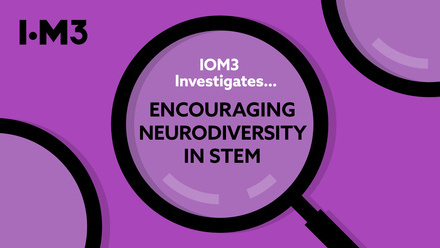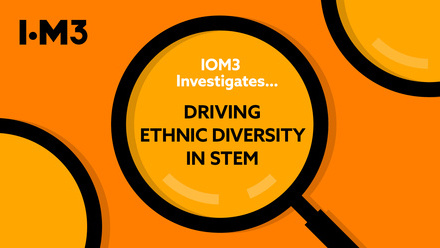Report backs diversity for business growth in STEM
Research from the British Science Association explores approaches for equality, diversity and inclusion (EDI).

Commissioned by the All-Party Parliamentary Group on Diversity and Inclusion in STEM, the EDI strategies in STEM briefing looks at three key areas – leadership, data about diversity characteristics, and benchmarking and impact.
14 STEM organisations were interviewed and found EDI is linked to stronger commercial performance, improved talent attraction and retention, better customer engagement, increased investment and reduced legal costs.
Lack of diversity in the STEM workforce, skills shortages and their potential impact is summarised by the British Science Association.
The report calls for better data accessibility, saying the data available at a national level does not filter down to support decision making for STEM organisations. This also makes it hard to evaluate how to intervene once the data is assessed.
There are also different challenges for start-ups, spin-outs and scale-ups.
Some of the recommendations are:
- The Department for Science, Innovation and Technology (DSIT) and the Women and Equalities Unit needs to identify practical, immediate steps that can drive progress within UK STEM organisations.
- Further investment in data-dashboards to extend demographic data beyond gender and provide user-guides to STEM industries.
- Organisations carry out an equity impact assessment for key changes in the organisation.
- That DSIT collaborate with sector partners from the corporate sector, higher education and key agencies to support the industry, by fostering a financially sustainable ecosystem of diverse, purposeful EDI frameworks in STEM
- Recommending a sector-wide engagement scheme on diversity and inclusion for start-ups, spin-outs and scale-ups
- Calling upon large STEM organisations with the resources to develop EDI toolkits and training programmes to proactively share these with smaller organisations.
The Parliamentary group aims to promote inclusion and progression, so the STEM sector is reflective of the UK population.









